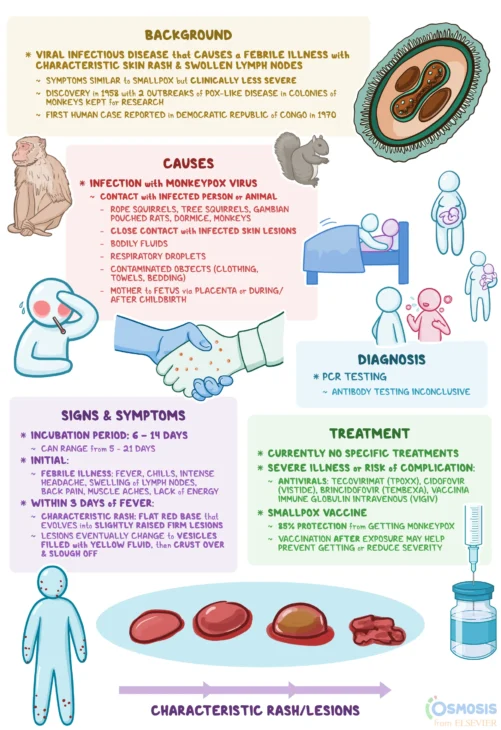While the risk to the general public remains low, it is important to stay informed and take precautions. If you are traveling to areas where monkeypox is known to be present, avoid contact with animals that could harbor the virus, such as rodents and monkeys. Practice good hygiene, and be cautious with any materials that could be contaminated.
If you develop symptoms such as a rash or fever after traveling, seek medical attention promptly and inform your healthcare provider of your travel history. Early detection and isolation are key to preventing the spread of monkeypox.
The international response to monkeypox has been swift but cautious. The WHO has urged countries to monitor the situation closely and to prepare for the possibility of further outbreaks. Some nations have already begun to stockpile smallpox vaccines and antivirals that are believed to be effective against monkeypox.
However, the global health infrastructure is still recovering from COVID-19, and resources are stretched thin. Developing countries, in particular, may struggle to mount an effective response if the virus continues to spread. This underscores the importance of international cooperation and support in managing the threat of monkeypox.
